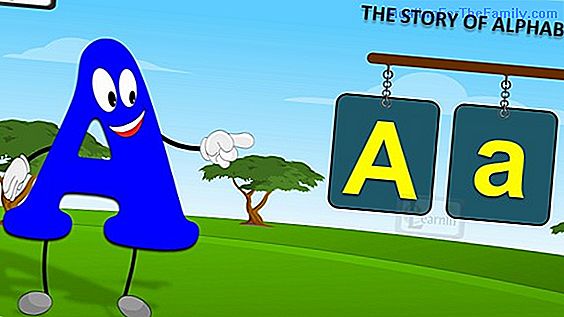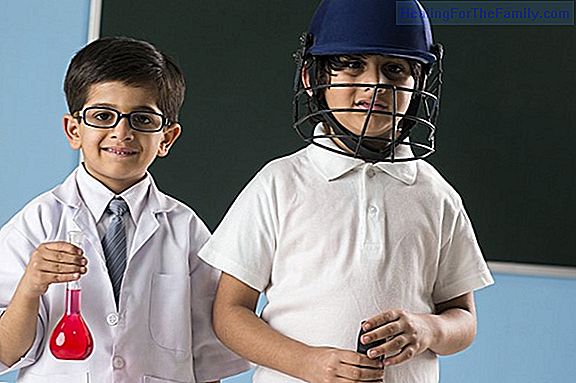Punishments or educational consequences: what works?
The conventional punishment based on 'you stay without playing the game, without watching TV or without leaving ...' has almost no effect on children. The child psychologist Mª Luisa Ferrerós, author of the book ¡Punished! It is necessary? recognizes that such punishments do not cost the child any e
The conventional punishment based on 'you stay without playing the game, without watching TV or without leaving ...' has almost no effect on children. The child psychologist Mª Luisa Ferrerós, author of the book ¡Punished! It is necessary? recognizes that such punishments do not cost the child any effort and are not directly related to what he has done wrong and, therefore, beyond punctual punishment, are not useful to correct the child's behavior in the future.
Why does not conventional punishment work?

Far from physical punishment, understood as a slap or slap, priva the privative punishment that has been in vogue in recent years, is not effective . In practice, without watching TV, the child does not make any effort because you can read a story, play mobile or play, replacing that activity with another.Telling him that he is not going out is not going to be a big problem either because at home he can talk to his friends by phone, through chat, messenger or other social networks. The psychologist Mª Luisa Ferrerós says that 'that type of privative punishment does not mean anything to the child and, therefore, does not serve as punishment.
Punishment is a sanction, but it must have an educational consequence that comes after an inappropriate attitude of the child that I want to correct so that he can learn and control himself '.Correcting the child's attitude so that he does not do what he has been punished for is what all parents expect when they apply a punishment to their children. However,
the general complaint is that the child does not care and does the same thing over and over again por, so the parents are desperate. To end this endless round, the psychologist Mª Luisa Ferrerós proposes that 'educational punishment is exceptional, coherent, firm and constant. You can not be punishing the child for everything, because then he becomes saturated and does not pay attention to anything. When you put a punishment you must comply, and it is important that it is appropriate to what the child has done. For example, it can not be that the child drops his glass of water and is a week without leaving. ' Therefore, cast punishments should never be disproportionate, but coherent. The success of the educational consequenceHow are the punishments different from the educational consequences? Educational punishment has to cost the child an effort to help him self-control and so the next time he does what is wrong, the child thinks twice. This is the most important characteristic of educational punishment, which costs the child something.
The educational consequences must be immediate, coherent, applicable and firm
. As practical examples of educational consequences to inappropriate behavior of children, the child psychologist Mª Luisa Ferrerós proposes the following: - If the child has not done homework in the afternoon at the appropriate time: pick up the child at 6 o'clock in the morning so that he does them.
- If you have not wanted to shower: the next morning you will not have clean clothes to go to school.- If you have not dressed in time to go to school: value if you can take him in his pajamas (buy one that looks like a tracksuit).
- If you do not come to dinner after calling many times: dinner is removed and frozen. You can give him a yogurt, nothing more.
The firm attitude of parents
, knowing how to say no and being convinced that what we are doing is for the good of our child is the most important thing for children to understand that they must modify their behavior.
And it's many parents we do not know what to do to make our children behave. To answer this question, Mª Luisa Ferrerós recognizes that "among the failures that parents have today when it comes to educating our children, the most important is insecurity, try all methods and change patterns very quickly and often, and also the lack of union in the couple at the time of acting because within the parent team it is very difficult for us to reach an agreement ".
Marisol New












